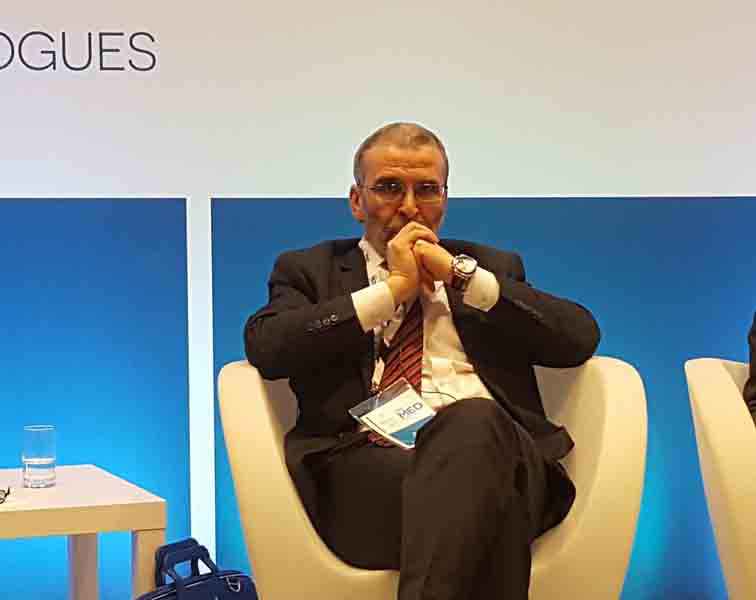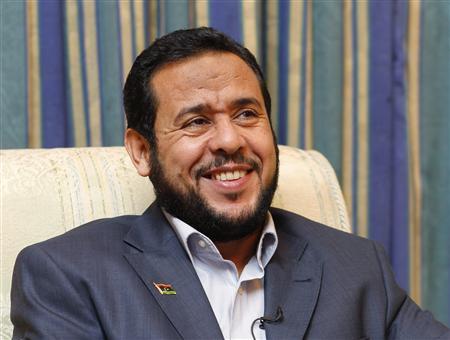By George Grant.
The Hague, 2 June:
The International Criminal Court has postponed its request that Libya hand over Saif Al-Islam for trial. . . .[restrict]The move will be widely seen as a significant step towards the court’s formally agreeing to the trial taking place inside Libya.

Saif is currently being held in captivity in Zintan, although the Libyan government has declared its intention to see him tried in Tripoli.
According to a statement released yesterday, “the International Criminal Court (ICC) decided that Libya may postpone its execution of the ICC’s request for the surrender of Saif Al-Islam Qaddafi… pending the ICC’s final determination of Libya’s challenge to the admissibility of the case, date 1 May 2012″.
The government issued its challenge to the case’s admissibility on the grounds that the ICC’s intention to try Saif Al-Islam violated the principle of complementarity, as set forth in Article 17 of the Rome Statute.
This principle effectively holds that the ICC is a court of last resort. It exists to try cases only if the state in which a case would otherwise be heard has proven itself to be either unable or unwilling to carry out the investigation or prosecution.
The Libyan government has repeatedly argued that it is both willing and able to hold a fair trial of Saif Al-Islam inside Libya.
Concerns that Saif would not be afforded a fair trial in Libya had hitherto formed the basis of the ICC’s request for him to be handed over for trial at The Hague.
Should the ICC ultimately conclude that Libya is not competent to hold the trial, it will renew its extradition request.
In practical terms, however, there is nothing that the ICC can do to compel Libya to abide by this request if the government chooses not to do so, although the United Nations Security Council could take punitive action.
A private recognition of this reality seems to have informed speculation that Saif’s trial would take place inside Libya for some time.
As far back as November last year, the ICC’s chief prosecutor José Louis Moreno-Ocampo, began hinting that the trial would take place inside Libya: “As Libyans have decided to do justice, they could do justice and we’ll help them do it”, he said. “If they prosecute the case [in Libya], we will discuss with them how to inform the judges and they can do it.” [/restrict]










